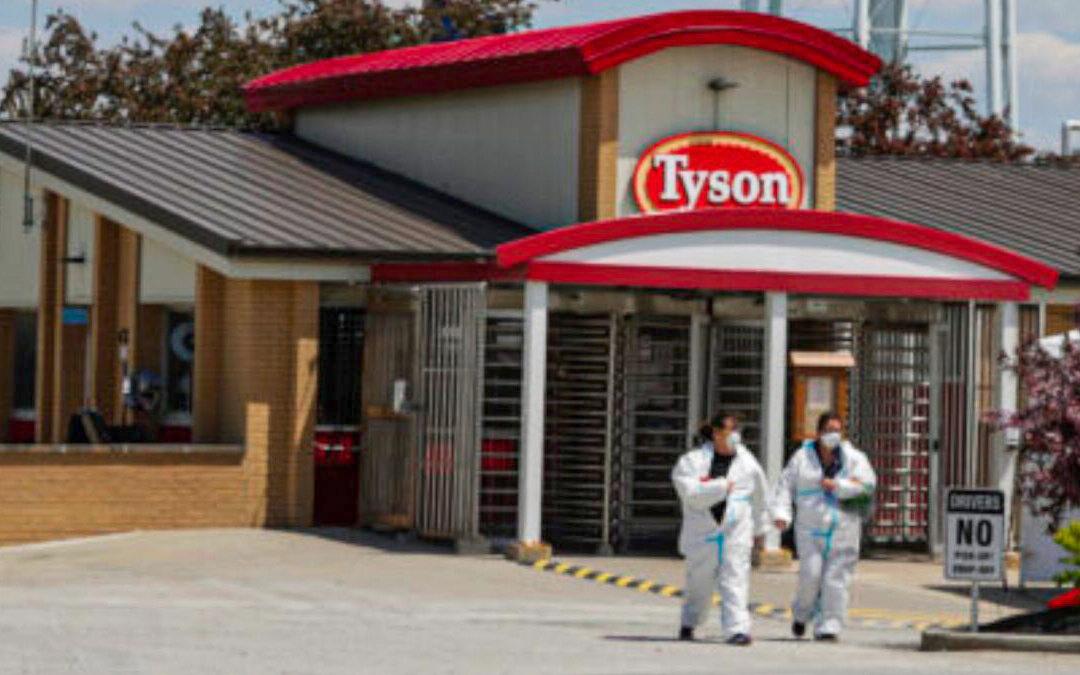Tyson Foods Inc. announced on Dec. 6 that it will pay $50 million in year-end bonuses to frontline and hourly meatpacking employees starting this month to attract and retain employees after the pandemic.
A total of 86,000 Tyson employees in the United States will be eligible for the one-time bonuses that range from $300 to $700 and will be distributed based on tenure.





